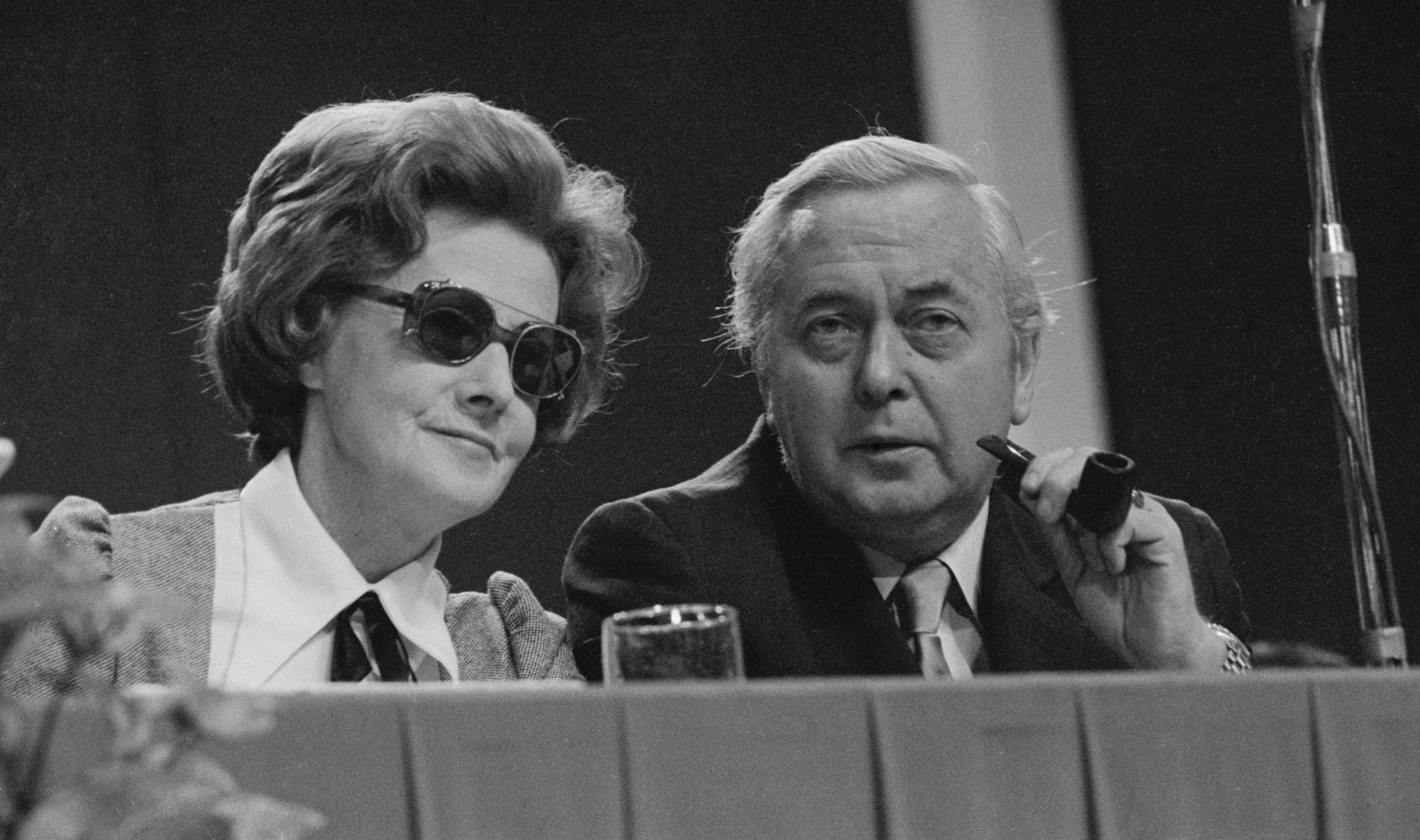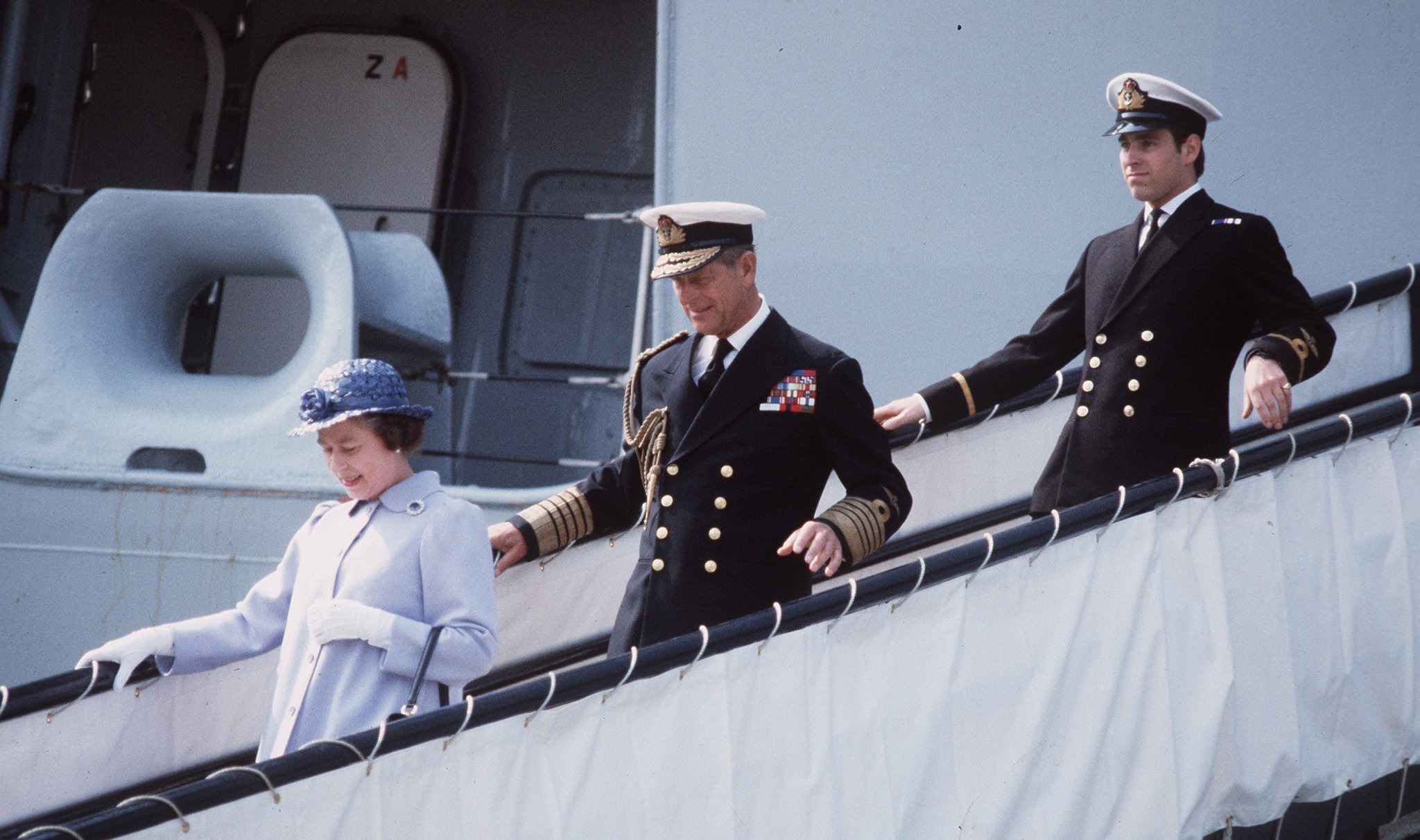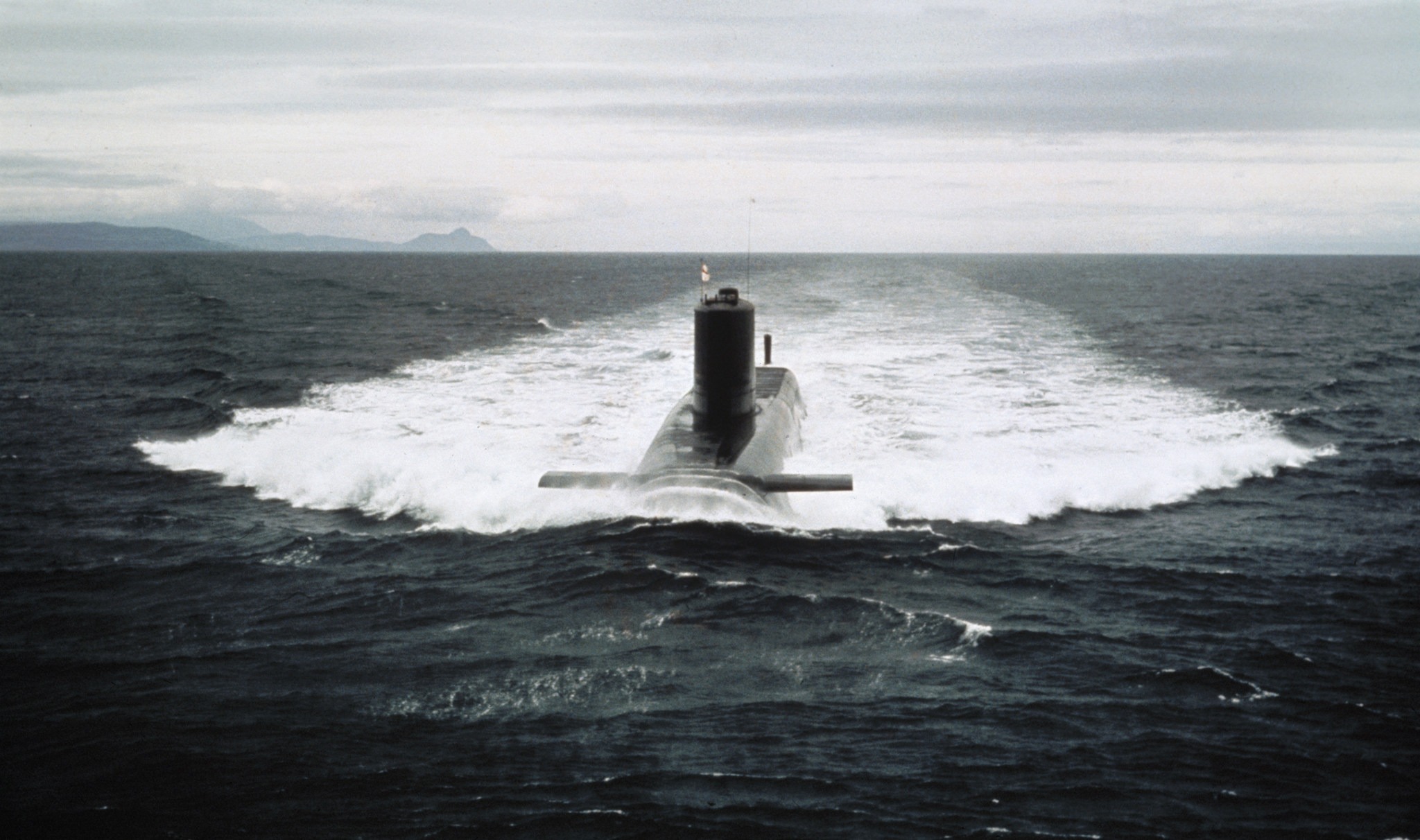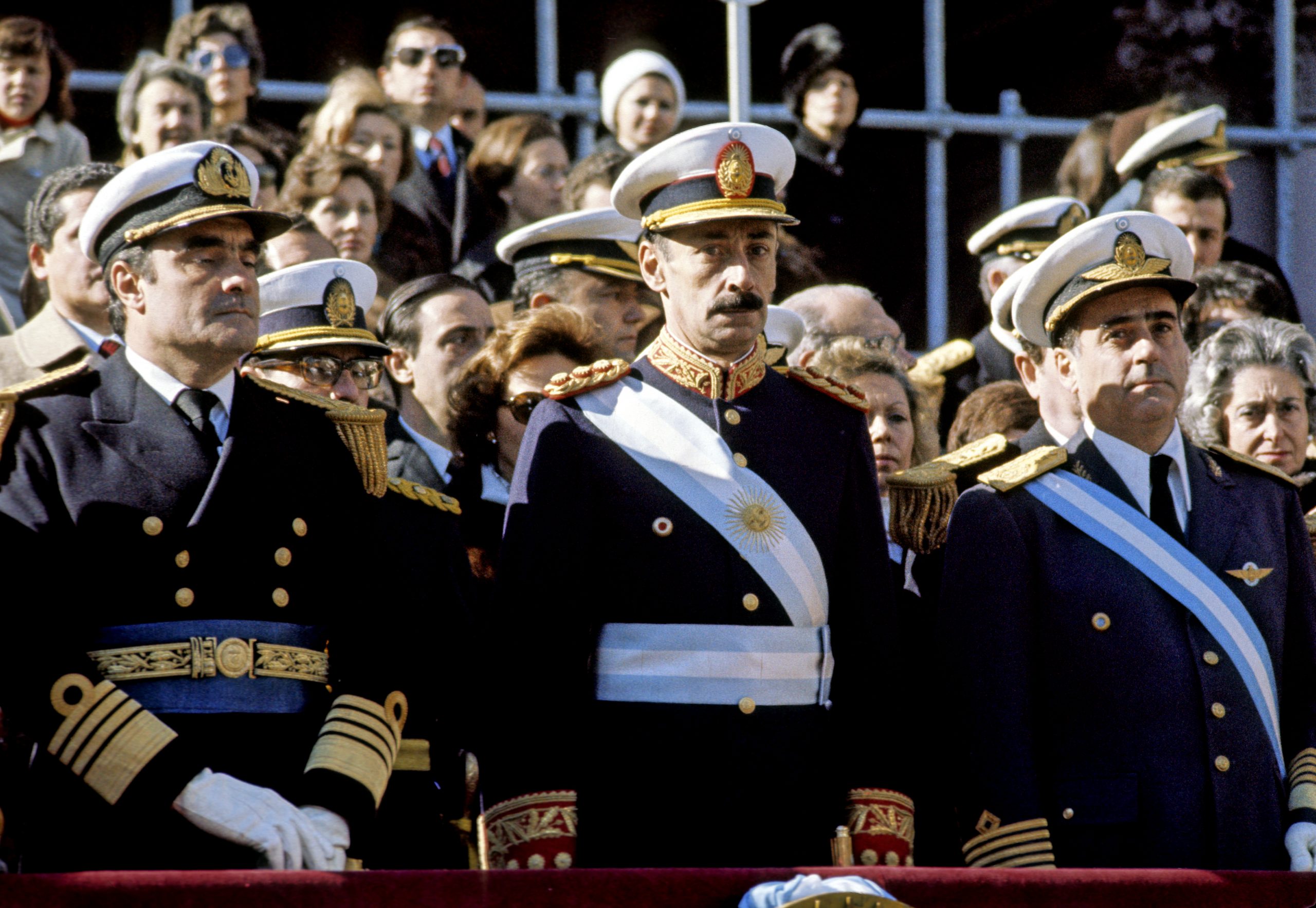On 24 September 1968, Barbara Castle jotted into her diary about a Cabinet meeting held earlier that day.
“It is typical of British policy that the fate of 2,500 people should occupy us for no less than one-and-a-half hours”, she wrote. “Really, the problem of winding up the last outposts of empire is almost ludicrously difficult”.
Castle, then the first secretary of state in Harold Wilson’s Labour government, was talking about the Falkland/Malvinas Islands – a longstanding bone of contention between Britain and Argentina.
Between 1966 and 1968, the UK government had been engaged in secret negotiations with Argentina over the sovereignty of the Falklands.
The BBC revealed in the late 1990s that the two countries signed an agreement in 1968 stating the UK “will recognise Argentina’s sovereignty over the Islands from a date to be agreed” while “duly taking into account the interests of the population of the Islands”.
But more recent declassification of the British files throws further light on UK interests.
During the Cabinet meeting of 24 September 1968, ministers privately noted that the Falkland Islands were “no longer of any strategic or commercial value to us”, and worried that the UK government would soon be required to provide “budgetary aid” to the territory.
Ministers also anticipated the threat of military conflict with Argentina over the Falklands, noting that “we can no longer defend the Falkland Islands, except by a force ridiculously large in relation to the population and our resources”.
Fourteen years before the Falklands War, the UK government thus viewed the islands to be of diminished value and a potential national security issue. Yet a diplomatic solution was never found, and Argentine forces invaded the territory in April 1982.
‘Our action has been somewhat high-handed’
In 1833, Britain sent two warships to the Falklands Islands and demanded the removal of the flag of the United Provinces of the River Plate. In Argentina’s view, this was an illegal annexation, but the UK government has asserted a de facto claim to the Islands ever since.
Yet even in UK officials’ minds, the question of sovereignty has not always been settled.
In 1910, the head of the Foreign Office’s American department, Gerald Spicer, noted that “it is difficult to avoid the conclusion that the Argentine government’s attitude is not altogether unjustified and that our action has been somewhat high-handed”.
Sir Malcolm Robertson, the UK ambassador in Buenos Aires, similarly wrote in 1927 that he “had no idea of the strength of the Argentine case nor of the weakness of ours”.
During the era of decolonisation after the second world war, pressure was put on the UK and Argentine governments to resolve the issue.
In 1965, the UN General Assembly passed Resolution 2065 (XX), which asked both countries to negotiate the sovereignty of the Falkland Islands in order to find “a peaceful solution to the problem”.
The resolution considered an earlier resolution, 1514 (XV) of 14 December 1960, which aimed at “bringing to an end everywhere colonialism in all its forms, one of which covers the case of the Falkland Islands (Malvinas)”.
It also noted that the “interests of the population of the Falkland Islands” must be taken into account.
Secret negotiations
In January 1966, Michael Stewart visited Buenos Aires – the first UK foreign secretary to go to Argentina – and initiated a series of secret negotiations over the sovereignty of the islands.
The following year, in March 1967, Stewart’s successor George Brown told the Argentine ambassador that Britain “would be willing to cede sovereignty to Argentina provided that the change were acceptable to the Islanders and subject to certain conditions”.
By 1968, the UK and Argentina had agreed on a draft Memorandum of Understanding (MoU), which included an article stating: “The Government of the United Kingdom as part of such a final settlement will recognise Argentina’s sovereignty over the Islands from a date to be agreed”.
The MoU was to be accompanied by a unilateral statement from the UK government “stressing that sovereignty would not be ceded without the Islanders’ consent”.
Ministers understood that this statement would “have a status nearly equivalent as possible [in legal force] to that of the proposed Memorandum itself”.
The Wilson government came under strong opposition from parliament and the Falkland Islanders, and the negotiations eventually broke down.
‘No longer of any strategic or commercial value to us’
At the Cabinet meeting in September 1968, British ministers discussed the interests of the islanders, the large British population in Argentina, UK investment in Argentina, the signing of large military contracts, and Latin America’s emerging global significance.
Ministers also observed that: “The colony is no longer of any strategic or economic value to us. It has hitherto been virtually self-supporting but its economy is largely dependent on wool. The prices of this commodity are now falling in world markets and in future we are likely to have to give budgetary aid to compensate for this”.
As their economic prosperity declined, the Cabinet anticipated that “pro-Argentine sentiment may grow among the Islanders”.
It would thus seem that, had the Falkland Islands continued to be of strategic and commercial import, the UK government would have sought to sidestep the UN’s mandates on decolonisation and used the Islanders’ wishes to its own benefit.
The UK-Argentine negotiations between 1966 and 1968 have been analysed in detail in Ezequiel Mercau’s recent book The Falklands War: An Imperial History.
‘Tolerable future’
The Falklands War ended up costing Britain around £2.8bn (over £9.5bn in present value), with the UK government deploying nuclear depth charges to support its war effort, and potentially a nuclear-armed submarine. It cost the lives of hundreds of Argentine and British troops.
“If the Falkland Islanders are to have any kind of tolerable future, a modus vivendi with their infinitely larger neighbour will have to be found: they cannot live in a state of latent hostility forever”, ministers added in 1968.
Over the following years, continued efforts were made by both governments to find a resolution to the sovereignty issue.
Less than two years before the Falklands War, Margaret Thatcher’s government “offered to hand over sovereignty of the Falkland islands at a clandestine meeting with a senior Argentinian official”, the Guardian found in 2015.
Decades later, the issue is still to be resolved.
In March this year, the Argentine government withdrew from a controversial agreement with Britain relating to the Falkland Islands following a story published by Declassified UK.
The present UK foreign secretary responded by insisting once again that “the Falkland Islands are British”.





